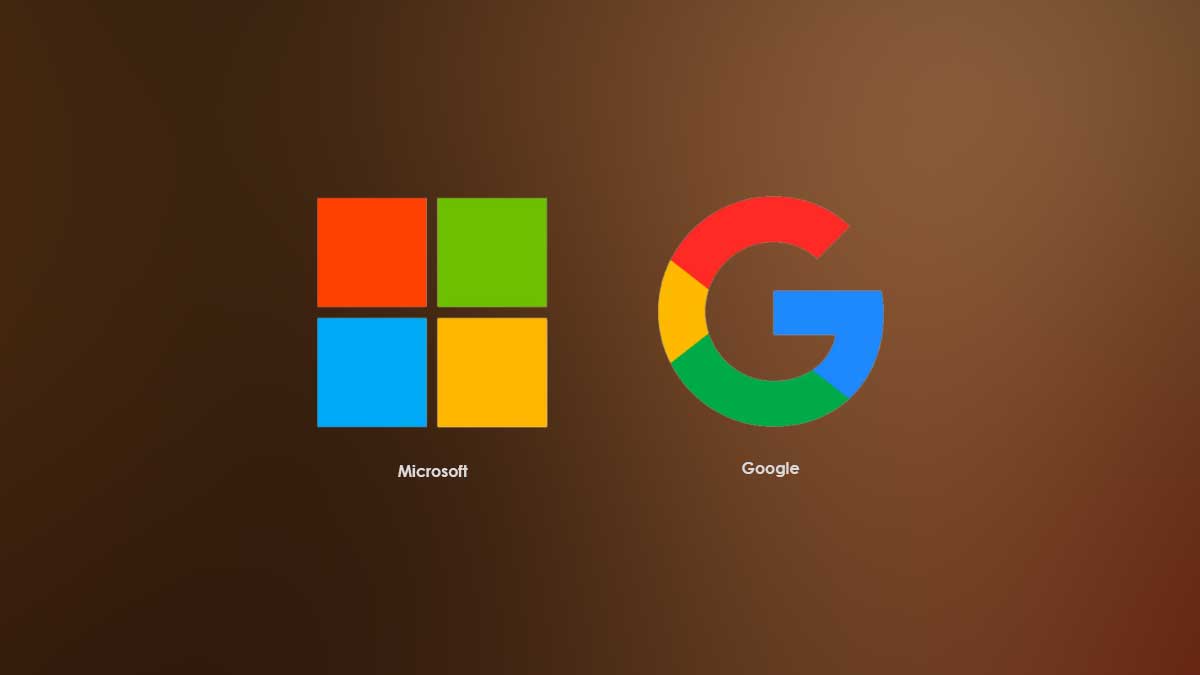- Home
- Billionaires
- Investing Newsletters
- 193CC 1000
- Article Layout 2
- Article Layout 3
- Article Layout 4
- Article Layout 5
- Article Layout 6
- Article Layout 7
- Article Layout 8
- Article Layout 9
- Article Layout 10
- Article Layout 11
- Article Layout 12
- Article Layout 13
- Article Layout 14
- Article Sidebar
- Post Format
- pages
- Archive Layouts
- Post Gallery
- Post Video Background
- Post Review
- Sponsored Post
- Leadership
- Business
- Money
- Small Business
- Innovation
- Shop
Recent Posts
Rockstar 2FA Exploit Targets Google and Microsoft Users

Cybersecurity experts have issued warnings to Google and Microsoft users about a new phishing-as-a-service (PhaaS) exploit called the Rockstar 2FA kit, which is being used to bypass two-factor authentication (2FA) protections. This tool leverages platforms like Microsoft OneDrive, OneNote, and Google Docs to steal session cookies and access targeted accounts. The exploit kit employs sophisticated tactics, making it a significant threat to online security for users of these popular services.
The Rockstar 2FA kit is an enhanced version of the earlier DadSec phishing tool, developed by a threat actor known as Storm-1575. This group has orchestrated some of the most prolific phishing campaigns in recent years, and the updated Rockstar 2FA kit amplifies their capabilities. Researchers from Trustwave SpiderLabs report that the kit mainly targets Microsoft accounts by mimicking Microsoft 365 login pages but is versatile enough to attack Google accounts as well. With thousands of cybercriminals subscribing to underground forums where the kit is offered, the scope of this threat is vast. Subscription costs start at $200 for two weeks, making these tools accessible to a wide range of attackers.
One of the standout features of the Rockstar 2FA kit is its ability to generate Fully Undetectable (FUD) links, designed to bypass traditional URL-based detection systems. These links redirect users to phishing pages while masking their malicious intent by exploiting trusted platforms. For instance, attackers have been found using Microsoft OneDrive to host URL shortcut files, OneNote to embed links within images, and Google Docs Viewer to render malicious PDF files. These techniques rely on trusted platforms to evade detection, effectively luring users into interacting with harmful content.
Another alarming tactic involves the use of QR codes to distribute malicious URLs. Attackers embed these codes in documents that mimic legitimate services like DocuSign, instructing users to scan them with their smartphones. This method bypasses traditional detection systems that focus on visible links, further increasing the threat level. Researchers have also observed multi-stage phishing chains, where multiple redirection phases are used to evade security measures and conceal the final phishing destination.
Paul Walsh, CEO of MetaCert, has criticized current security strategies for failing to address these evolving threats. He argues that relying on historical data to detect phishing is ineffective, as attackers consistently design new URLs to evade detection. Walsh emphasizes the need for a zero-trust approach, where all URLs are treated as untrusted until explicitly verified. He also points out that traditional advice, such as verifying sender identity or hovering over links, is no longer sufficient because modern phishing campaigns can convincingly mimic trusted sources.
To protect against threats like Rockstar 2FA, users should adopt robust security practices, including using strong authentication methods such as physical security keys, avoiding unsolicited links and attachments, and keeping software updated to address known vulnerabilities. Advanced security tools that employ zero-trust principles and real-time detection can also help mitigate risks.
The rise of phishing-as-a-service kits like Rockstar 2FA highlights the increasing sophistication of cybercriminal operations. Staying informed about these threats and adopting proactive security measures are essential steps in safeguarding personal and organizational data. Trustwave SpiderLabs has published a detailed report on Rockstar 2FA, providing valuable insights into its capabilities and methods, which are critical for understanding and combating this evolving threat.
Recent Posts
Categories
- 193cc Digital Assets2
- 5G1
- Aerospace & Defense45
- AI33
- Arts3
- Banking & Insurance11
- Big Data3
- Billionaires319
- Boats & Planes1
- Business315
- Careers13
- Cars & Bikes74
- CEO Network1
- CFO Network17
- CHRO Network1
- CIO Network1
- Cloud10
- CMO Network18
- Commercial Real Estate7
- Consultant1
- Consumer Tech171
- CxO1
- Cybersecurity59
- Dining1
- Diversity, Equity & Inclusion4
- Education7
- Energy8
- Enterprise Tech29
- Events11
- Fintech1
- Food & Drink2
- Franchises1
- Freelance1
- Future Of Work2
- Games141
- GIG1
- Healthcare77
- Hollywood & Entertainment175
- Houses1
- Innovation41
- Investing2
- Investing Newsletters4
- Leadership65
- Lifestyle11
- Manufacturing1
- Markets20
- Media189
- Mobile phone1
- Money13
- Personal Finance2
- Policy554
- Real Estate1
- Research6
- Retail1
- Retirement1
- Small Business1
- SportsMoney30
- Style & Beauty1
- Success Income1
- Taxes2
- Travel10
- Uncategorized8
- Vices1
- Watches & Jewelry2
- world's billionaires289
Related Articles
AI-Driven Scams Target Black Friday Shoppers: How to Stay Safe
Black Friday marks the beginning of the holiday shopping season, a time...
By 193cc Agency CouncilNovember 30, 2024North Korean Cybercriminals Illegally Acquire $1 Billion in Crypto
Hackers and cybercriminals, allegedly linked to the North Korean government, have been...
By 193cc Agency CouncilNovember 29, 2024Russian Cyber Attack Exploits Firefox and Windows Zero-Days
A new cyber attack has been discovered, linking two severe zero-day vulnerabilities,...
By 193cc Agency CouncilNovember 29, 2024FBI Warns Shoppers of Fraudulent Websites
With the holiday shopping season kicking off with Black Friday and Cyber...
By 193cc Agency CouncilNovember 29, 2024















Leave a comment